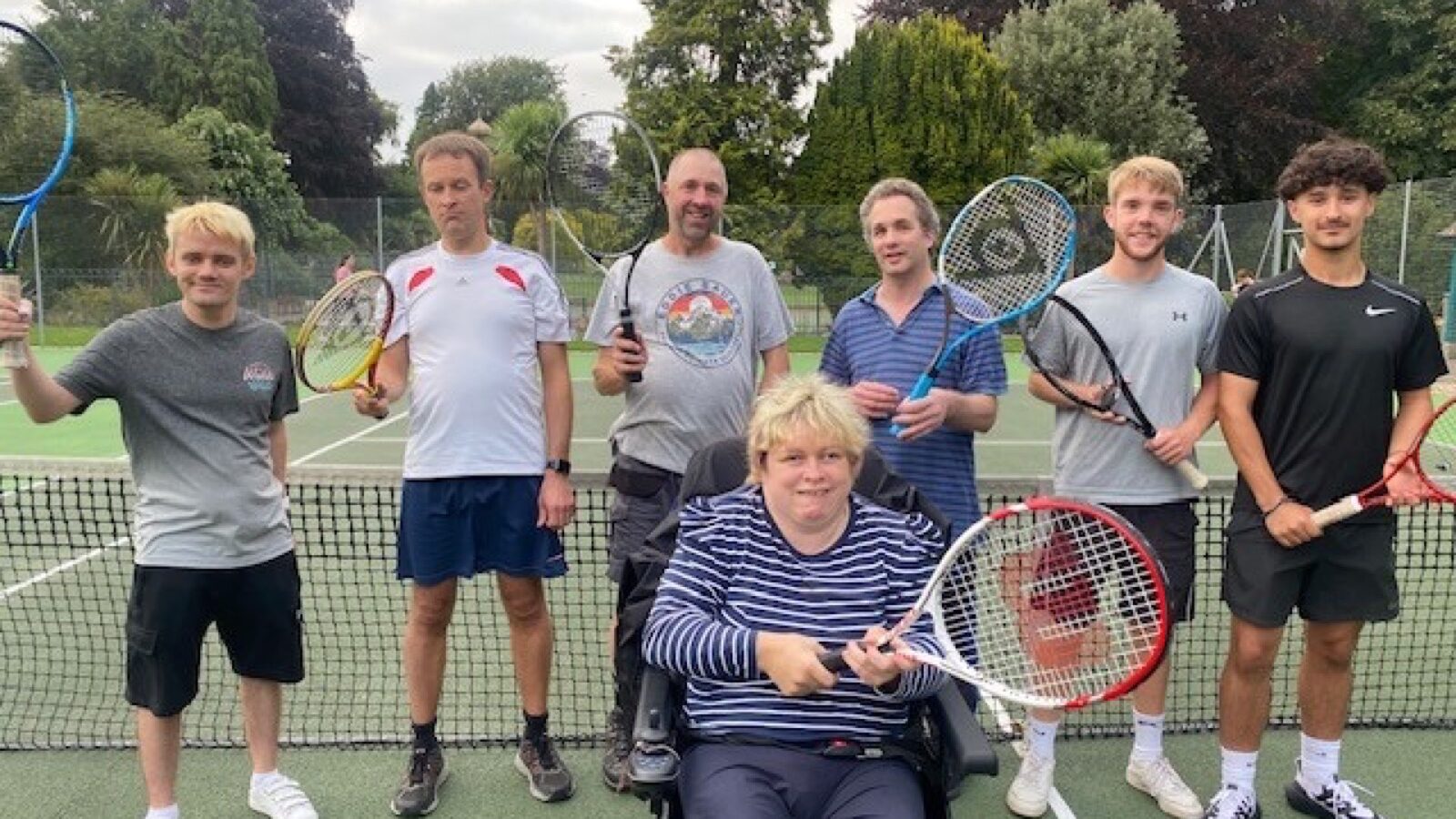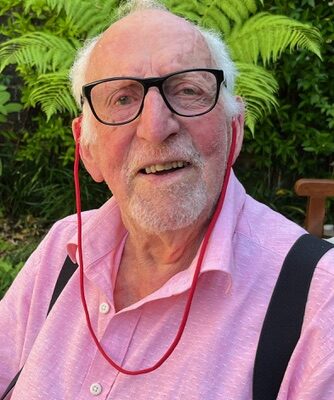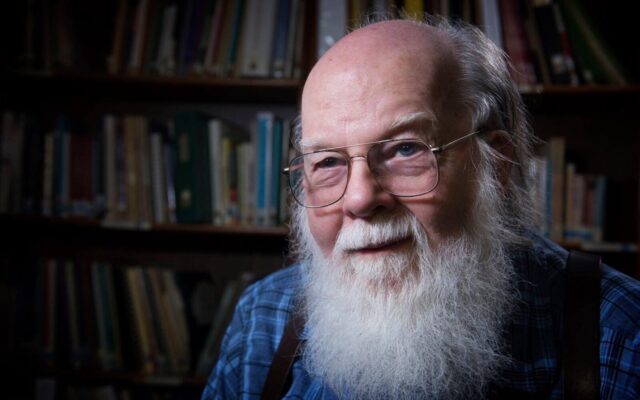A question of success –and how to achieve it
What does success mean to people with learning disabilities? A recent LDN London event Spotlight On focused on this question.
The event at the London Canal Museum, introduced by Community Living writer Simon Jarrett and chaired by editor Saba Salman, heard from five people about their experiences of success.
The speakers were Laura Broughton, artist and social care consultant, Sheri King, a Corali Dance Company performer, Daniel Greenfield, a Lyceum Theatre usher and hospital volunteer, Gary Bourlet, the founder of Learning Disability England, and Fahmina Hoque, who gives advice as part of Hampshire Learning Disability Partnership.
Explaining what government action was necessary to enable more people with learning disabilities to lead successful lives – however they define this – Hoque said: “My wish list for the government is for them to continue improving social care plans, keep special needs schools open and find ways to improve schools.”
Black history made more accessible
The George Padmore Institute – an archive and research and information centre in London – has published easy-read documents making aspects of black history more accessible.
The project is a collaboration between the institute, the Open University (OU) and Generate Voices (a campaigning forum of people with learning disabilities).
Activist and OU researcher Paul Christian worked with his OU colleague Sue Ledger to create three easy-read documents.
As Christian explained in Community Living last year (Black history is brought to life), after he began researching and writing to support Black Lives Matter following the killing of George Floyd in 2020, he realised how few black history resources were accessible.
The easy-read information is available on the George Padmore Institute website.
Guide to resuscitation decisions
Learning Disability England and health and care provider Turning Point have updated a guide on do not attempt cardiopulmonary resuscitation (DNACPR) decisions (PDF).
During the pandemic, more DNACPR recommendations cited learning disability as a reason, despite NHS guidance stating that this should never be the case.
People First group celebrates 20th anniversary
Group tennis sessions where people can keep fit and socialise are just one of many initiatives run by People First Dorset (PFD), which is 20 years old this year.
The Dorchester-based charity is run by people with learning disabilities, with support from staff as needed.
The tennis get-togethers are among the activities run by PFD’s supported social network, the Friendship Club. The club holds regular events across Dorset from pub visits to quiz nights.
Simon Duffy, director of Citizen Network Research, described the club as “one of the best innovations in support for people with learning disabilities”.
“Where people come together, build on their own passions and interests and get stuck into community life, then we will see positive and sustainable solutions, fit for the 21st century,” he said.
In the year to March 2023, PFD ran 340 online and in-person events.
PFD also provides easy-read services and runs speaking up groups, encouraging people to develop speaking skills and discuss issues that concern them.
Autumn 2024 feature: The best of friends
News briefs
Our columnist wins award
Mary O’Hara has won a journalism award for her Community Living columns. O’Hara, who joined as part of the 2023 relaunch, scooped first prize in the LA Press club’s Southern California Journalism Awards as the best columnist in the foreign correspondent category. Judges commended her “strong voice”.
Productive to pay carers
Giving paid leave to carers could boost productivity and quality of life, according to Carers UK. It said turning five days’ unpaid leave into paid time off would cost between £5.5 million and £32 million and achieve productivity gains of £8.2 billion a year.
Fewer carers coming here
Fewer people are coming from abroad to work in the NHS or social care. Home Office data shows a sharp drop in monthly applications for health and care visas – an 81% fall to 2,900 in April-July compared to the same period last year.
Human rights game plan
The British Institute of Human Rights and Welsh charity Cwm Taf People First are creating a human rights game in accessible format. The game is designed to support people to understand and speak up about their rights.
Dancer’s honorary doctorate
The University of Salford has awarded Jen Blackwell, DanceSyndrome cofounder, an honorary doctorate. Blackwell, who set up the inclusive dance charity in 2009, was named a doctor of arts “for her work inspiring both disabled and non-disabled people to dance”. She regularly leads workshops at the university.
All Update stories are by Saba Salman unless otherwise stated





